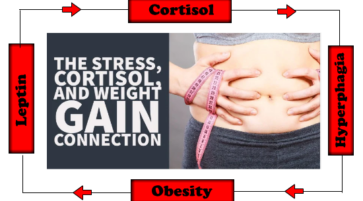
Aybintio (abaloparatide)
Aybintio is a prescription medicine used to treat osteoporosis in postmenopausal women at high risk…

Multiparous women, who have already given birth vaginally before, may have a shorter and less intense labor than first-time mothers. This is because their cervix and birth canal have already stretched and relaxed from a previous delivery…. Read More »

Childbirth can be painful, but the level of pain experienced during a vaginal delivery can vary greatly from woman to woman. Pain during labor and delivery is caused by contractions of the uterus and the pressure of the baby’s head against the cervix and vaginal walls…. Read More »

Obesity can lead to excess cortisol production due to the relationship between adipose (fat) tissue and the hypothalamic-pituitary-adrenal (HPA) axis, which regulates cortisol production. Adipose tissue produces several hormones, including leptin, which signals to the hypothalamus to stimulate the HPA axis and increase cortisol production…. Read More »

25 scientifically proven ways to cure irregular periods naturally. Drink herbal teas to balance hormones. Add Turmeric to your diet. Consume unripe papaya juice regularly. Drink two cups of camomile tea a day. Eat hormone balancing foods. Consider black cohosh 80mg a day or Vitex 800mg a day supplements. Eat Foods that boost estrogen and testosterone levels. Eat anti inflammatory foods… Read More »
